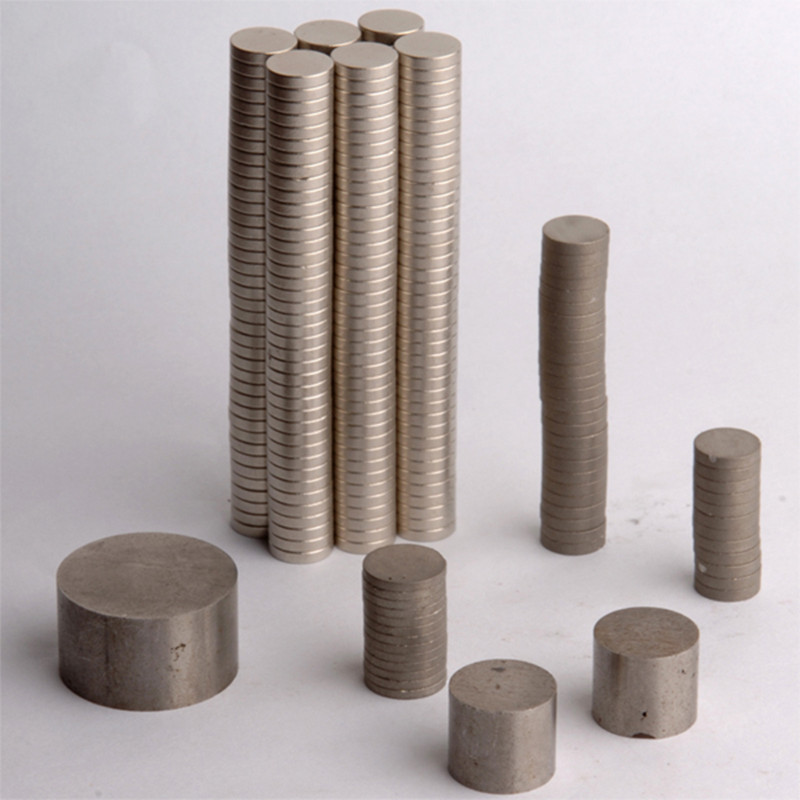-
Contact Us
Xia Xing Baoan District Sales Center
Mobile: 0086-18664144018
TEl: 0086-755-27111262(263)
Fax: 0086-755-27111265
Address: Xin po tou Industrial Park, Guangming town, Baoan District, Shenzhen, guangdong china
-
Industry News
The world's smallest monatomic magnet is expected to become an indispensable part of computer in the future.
The world's smallest single atom magnet comes out
It is expected to be an indispensable part of the future computer
Science and technology daily Beijing April 17 (reporter Liu Xia) the Swiss Federal Institute of Technology (EPFL) in Lausanne, Switzerland, has recently developed the world's smallest magnet, only an atom size. Scientists say "it is the most stable version of history" and is expected to become an indispensable part of future computers.
At present, hard disk, SD card and other magnetic storage devices have become a part of daily life, but as the computer is getting smaller, these storage devices are also becoming smaller and smaller. It is difficult to find anything smaller than a single atom. Therefore, making such a rare monatomic magnet is regarded as a necessary step in the future. But a single atom size magnet is difficult to maintain a magnetization state, which means that if they are used in a data storage device, they can not keep the data for a long time.
Harald Brun, led by the Federal Institute of science and technology in Lausanne, Switzerland, used a pioneering technology to avoid this problem by using a pioneering technology to put the rare earth elements of the atom on the Magnesium Oxide film, according to the independent newspaper website. Because the electronic structure of holmium can make the magnetic field undisturbed, by using this method, they have created an atom size magnet which can maintain magnetism.
At present, this magnet is only a model, making it very difficult and time-consuming. In addition, it can only remain stable at temperatures below 233 degrees Celsius. But researchers say it is a major breakthrough that will change the way we use computers in the future.













